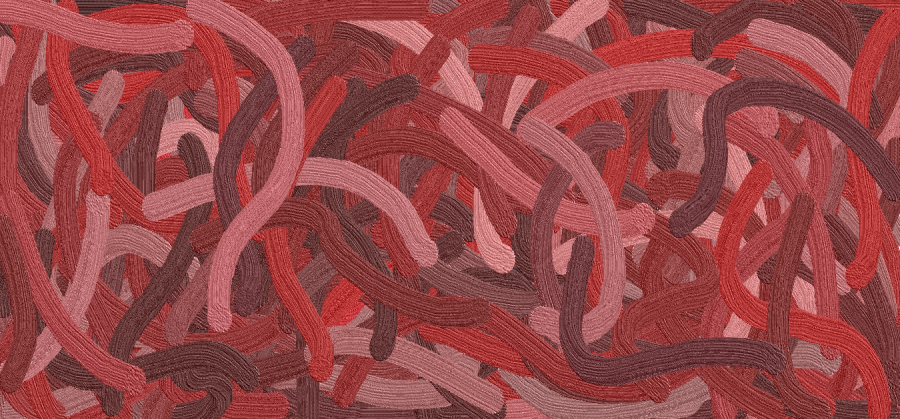A message in a bottle
September 21, 2021
I started taking antidepressants during my freshman year of college. I felt trapped inside my head and ridiculed by my own conscience. Now a senior, I am unapologetically open about my relationship with medication. The complex nature of antidepressants requires careful attention and understanding. The stigma surrounding mental health, and more specifically antidepressants, is one that feels unforgiving and judgmental. There is this seemingly endless search for normality within the feelings that arise after being prescribed an antidepressant, but it is possible through showing yourself compassion. Before I started my process with them, I did everything I could to avoid the dreaded talk with my psychiatrist. I was under the impression that taking antidepressants deemed me crazy and unfixable — that there was no way to end this existential dread I carried with me everywhere. When it felt like I had nowhere else to turn and I was becoming too comfortable in my perpetual melancholic state, the decision didn’t seem hard anymore. I opened up to the idea that medication could give me the relief I needed and I took a chance for myself.
Four years and many trials later, I feel as though I have paved a path toward healing my relationship with the little pills that changed my life. I used to watch myself hurt in what felt like third person, unable to break into truly believing that things in my head could get better. I still struggle with self compassion, but being gentle with myself after each medication change loosened the tightness in my chest. Through the odd side effects and tough therapy sessions, I learned hard truths. There are things in life you can control: the color of your hair, your outfit for the day or what you’ll have for dinner tonight, but you cannot control chemical imbalances and unforeseen circumstances.
Mental health is a spectrum, and no person resides in the same place as you. When I do feel shame about my position on this spectrum and my medication, I like to think about it like this: there are people who have no idea what is going on with their mental health. There are people who know that something is unbalanced, and have no idea how to cope. There are people who know exactly what it is and how it came to be, and they know how to heal. There are people in between. The concept of shame in this line of thought simply ceases to exist because our situations are infinitely different; they are intricately intertwined with our lived experiences. Shame is a valid feeling, but it does not always reflect a true reality. Shame would imply the presence of comparison, which ultimately hinders acceptance.
Being questioned about your medication is inevitable, but you owe no one an explanation — there is nothing wrong with taking antidepressants. It does not make you weak nor does it mean that you cannot take care of yourself. To be brave is to be self-aware; the inner work is never easy. Know that you embody courage and grace — the decision to take care of your mental state is yours and being proud of that is beautiful.








